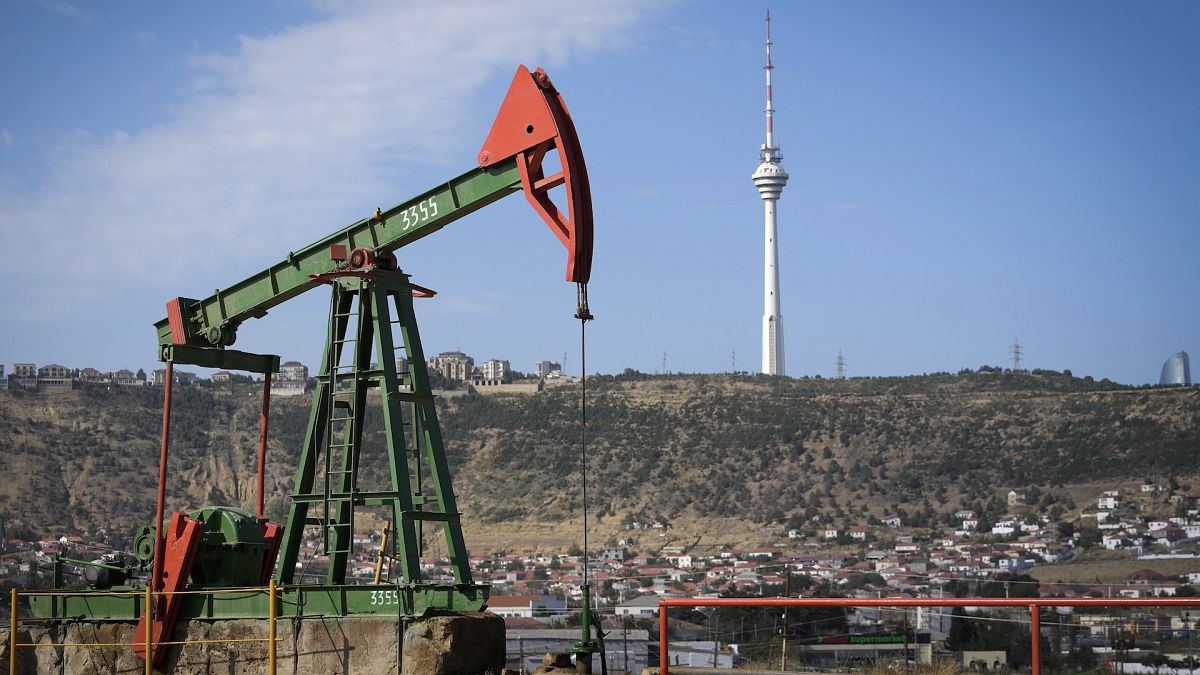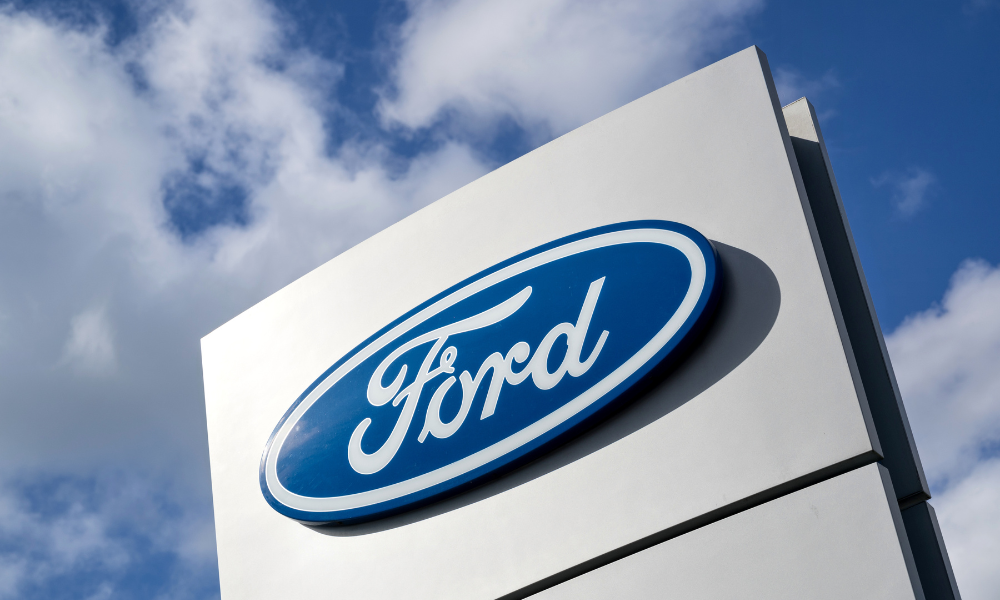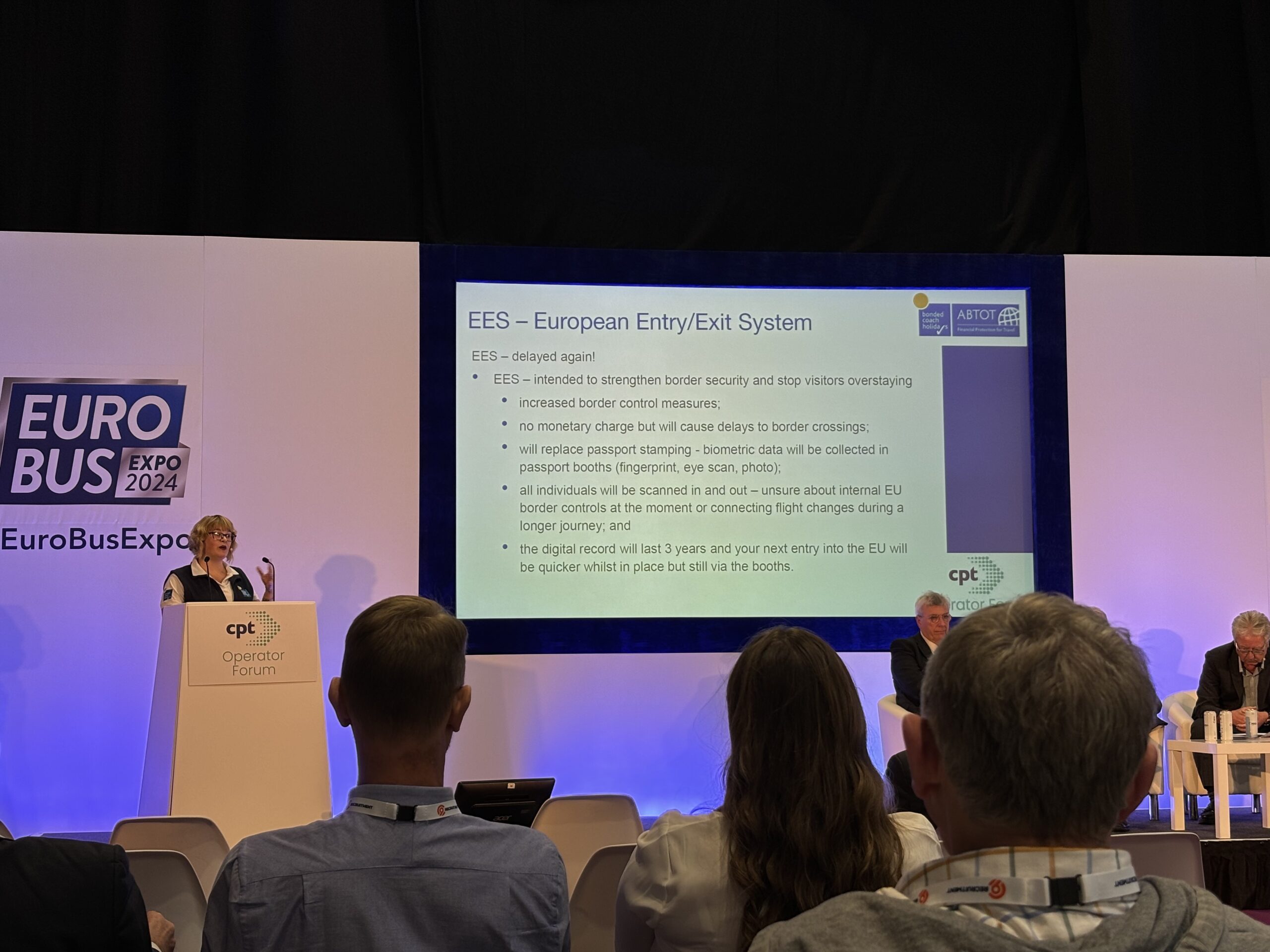China-Europe trade war ‘unavoidable’ on current trends, EU business leader says

An EU-China trade war is “unavoidable” on current trends, according to Europe’s top business leader in the country, who said that Beijing’s own policies mean it could not be considered the “victim”.
“A full-blown trade war looks more and more likely if nothing changes,” said Jens Eskelund, the chairman of the European Union Chamber of Commerce in China, in an interview in Brussels on Wednesday.

Jens Eskelund said it is “very important” to stress that China is not the “victim” in the dispute. Photo: EPA-EFE alt=Jens Eskelund said it is “very important” to stress that China is not the “victim” in the dispute. Photo: EPA-EFE>
“Obviously, I think on current direction of travel [a trade war] is unavoidable, where you continue to see for several years now, a decline in Chinese imports and an increase, an accelerating increase in volume terms, of Chinese exports.”
Do you have questions about the biggest topics and trends from around the world? Get the answers with SCMP Knowledge, our new platform of curated content with explainers, FAQs, analyses and infographics brought to you by our award-winning team.
The Danish executive was speaking a day after China slapped swingeing tariffs on EU brandy imports – a move that came shortly after the bloc greenlit punitive duties on Chinese-made electric vehicles.
While Beijing has accused Brussels of “naked protectionism”, Eskelund urged it to look at the big picture and take Europe’s concerns over Chinese government policies seriously.
“I do think that the EV case, for several months, has been a distraction in regards to looking at the broader things going on in trade, where you see this massive increase in [Chinese] exports, propelled by deflation, and as a consequence of that, the externalisation of low domestic demand in China.”
Over the first seven months of the year, Chinese exports to the bloc have soared to an “all-time high” in volume terms, he said, while imports from the EU have crashed.
“Since 2017 the Chinese economy has grown by 40 per cent but in that period European exports to China declined by 30 per cent – I think this is what we should be talking about,” he said, referring to the volume of goods traded rather than the value.
Value term figures have been massaged by long-term deflation in the Chinese economy, Eskelund said.
Chinese government data shows producer prices – the cost of goods at the factory gate – falling for 23 consecutive months, leaving companies with little choice but to ship their goods overseas. This has led to a surge in imports of hi-tech goods to Europe, which is relatively open to Chinese products by Western standards.
“This is not just European snowflakes complaining, we hear also from Chinese companies a pretty similar estimation of the situation,” he said, pointing to a glut in production in sectors ranging from EVs, batteries and solar panels to wind turbines, steel and legacy chips.
“At the core of these issues that we see now is deflation. I understand that the Chinese government does not much like the term ‘over-capacity’. So let’s talk about the deflation, because it’s a hard fact.”
Government efforts to galvanise consumption in the world’s biggest consumer market have so far underwhelmed.
Chinese stocks fell on Wednesday after an expected stimulus announcement did not materialise, leaving investors lukewarm on its growth prospects.
In Europe, the dynamics are being closely watched as weak consumption in China has been blamed for the surge in imports which is fuelling the dispute.
European Commission President Ursula von der Leyen has vowed to stem the flow of such goods during her second term in office.
The anti-subsidy probe into Chinese EVs is at the centre of this push. Additional duties of up to 35.3 per cent will be imposed by October 31, while Beijing has moved to impose tariffs of up to 39 per cent on EU brandy imports.
While analysts shy away from the term “trade war” at present, further escalation would push the dispute close to that territory.
Beijing is currently investigating dumping practices among EU dairy and pork producers, and is considering a tariff hike on “imported large-engine petrol-powered vehicles”, the commerce ministry said on Tuesday.
Technical talks on reaching a deal on EVs are ongoing, with the European Commission already rejecting several offers from Chinese business chambers to set a minimum price on their imports. One offer, first reported by Reuters, for a price floor of €30,000 (US$33,000) was swiftly rejected by the commission.
There is still a “big gap” between what Chinese negotiators are willing to offer and what the commission would be willing to accept, an industry source said. Such a deal would “not be impossible” to structure, but nor is it seen as likely.
A solution “would have to ensure the same effect as the tariffs” while being “monitorable and enforceable” and compliant with global trading rules, EU trade chief Valdis Dombrovskis said on Tuesday.
China’s enormous trade growth is resulting in a “beggar thy neighbour” dynamic, by eating into its partners’ share of trade, said Eskelund, who has spent his career in the shipping industry.
Citing statistics showing China’s share of the container shipping trade growing from 32 per cent last year to 36 per cent next year, he said it is becoming an increasingly “zero sum” dynamic.
“If China wins in Europe, it means that someone in Europe is losing,” said Eskelund. “There is a need for China and Europe to make sure that the value creation through globalisation is distributed in a more equitable manner.”
This article originally appeared in the South China Morning Post (SCMP), the most authoritative voice reporting on China and Asia for more than a century. For more SCMP stories, please explore the SCMP app or visit the SCMP’s Facebook and Twitter pages. Copyright © 2024 South China Morning Post Publishers Ltd. All rights reserved.
Copyright (c) 2024. South China Morning Post Publishers Ltd. All rights reserved.
Related
Ford to cut 4,000 jobs in Europe and Britain, cites…
Open this photo in gallery:A Ford vehicle at the Canadian International Auto Show, in Toronto, on Feb. 15.Cole Burston/ReutersFord Motor Co. F-N says it will re
European stocks fall to three-month low amid geopolitical jitters
The European markets briefly hit a three-month low due to heightened tensions in the Ukraine-Russia war. Investors shifted towards safe-haven assets, w
Hotel booking data reveals ‘summer-holiday… | Travolution
HotelHub, a hotel technology solution provider for travel management companies and their corporate customers, has released its HotelHub Index for Q3 2024.The an
Carrow Insurance launches to serve European mid-market sector – Reinsurance…
Carrow Insurance, a newly launched Managing General Agent (MGA), has entered the European mid-market insurance sector under the leadership of Ronan Conboy, form

_w=1200_h=630.png?v=20230522122229)










